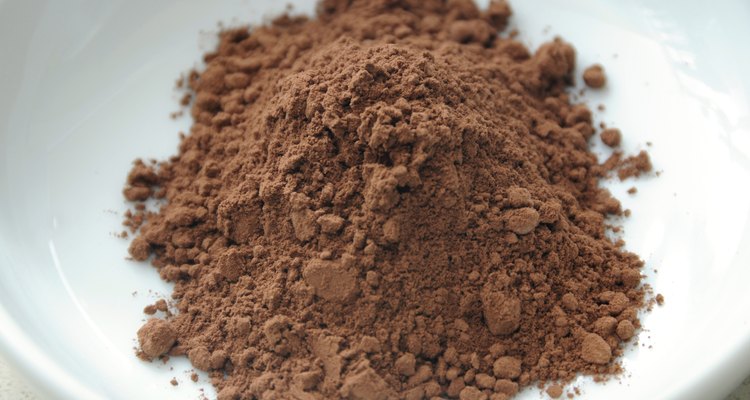
yula/iStock/Getty Images
Pure cocoa is a derivative of chocolate that is used primarily in baked goods and hot beverages. The powdery substance is typically considered for only its flavoring properties, but it actually contains many beneficial nutrients. A closer look at cocoa shows that it may deserve a more prominent place in your diet.
Macronutrients
A two-tablespoon serving of pure cocoa powder contains about 25 calories, one gram of fat, six grams of carbohydrate and two grams of protein. The fat in cocoa is less than that in chocolate because much of the cocoa butter, which is the source of fat in chocolate, has been removed. The amount of remaining fat in the cocoa powder can vary by manufacturer. Because the fat is in the form of saturated fat, you may want to look for cocoa with less fat, as diets high in saturated fat have been linked to heart disease.
Fiber
Pure cocoa powder is a surprisingly good source of dietary fiber. Per two-tablespoon serving, cocoa contains three grams dietary fiber, which is 14 percent of the daily value. The fiber in cocoa is mainly insoluble fiber, which helps maintain bowel regularity. Many diets are low in dietary fiber, and including pure cocoa in your diet, perhaps in a morning smoothie, can help increase fiber intake.
Vitamins and Minerals
There are many vitamins and minerals in pure cocoa as well. According to the USDA National Nutrient Database, cocoa contains B vitamins and is rich in minerals, such as magnesium and copper. A two-tablespoon serving contains 54 milligrams of magnesium and 0.4 milligrams copper, which is 13 and 20 percent of the daily value, respectively.
Phytonutrients
Pure cocoa is rich in antioxidants called flavonoids. Flavonoids are polyphenols that help protect the body against free radical damage. The specific flavonoids found in cocoa are called flavanols, according to Cleveland Clinic. Flavanols may improve heart health by reducing cholesterol and blood pressure. The downside is that the processing of cocoa may cause many of the flavanols to be destroyed, making it important to use minimally processed cocoa in order to have the most benefit.
Stimulants
Pure cocoa also contains two naturally occurring stimulants, caffeine and theobromine. According to the USDA National Nutrient Database, a two-tablespoon serving contains 25 milligrams caffeine and 222 milligrams theobromine. Comparatively, a cup of regular coffee contains about 95 milligrams of caffeine. Despite having much less caffeine, the theobromine in cocoa also provides a stimulant effect, one that is typically milder and longer lasting than the effect of caffeine.
Related Articles
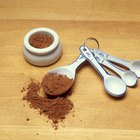
Can Cocoa Powder for Baking Be Used to ...

Number of Calories in Dark ...

Nutrition in Carob Vs. Chocolate

The Antioxidant Levels of Cacao

Presweetened Cocoa Powder Substitute

Chocolate and Vitamins

Foods Containing Theobromine
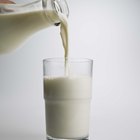
How to Dissolve Non-Instant Milk Powder

Stimulants in Chocolate That Are not ...

How to Make Your Own Cocoa Scrub

How Many Types of Chocolate Are There?

Caffeine in Chocolate Versus Coffee
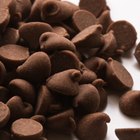
What Vitamin Are You Missing If You ...
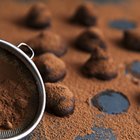
Dutch Processed Cocoa Powder Vs. ...

Which Country Produces the Most ...

Ingredients in Hairfinity Vitamins

Bad Effects of Chocolate

The Difference Between Bittersweet ...

Calories in Peppermint Extract

How to Naturally Darken Hair Color With ...
References
Writer Bio
Steven Lalevich is a registered dietitian who began writing in 2010 for various websites. He graduated Phi Beta Kappa, earning a Bachelor of Arts in economics from Indiana University where he also completed the didactic program in dietetics. Lalevich is pursuing a Master of Science in human nutrition at the University of New Haven.
Photo Credits
yula/iStock/Getty Images